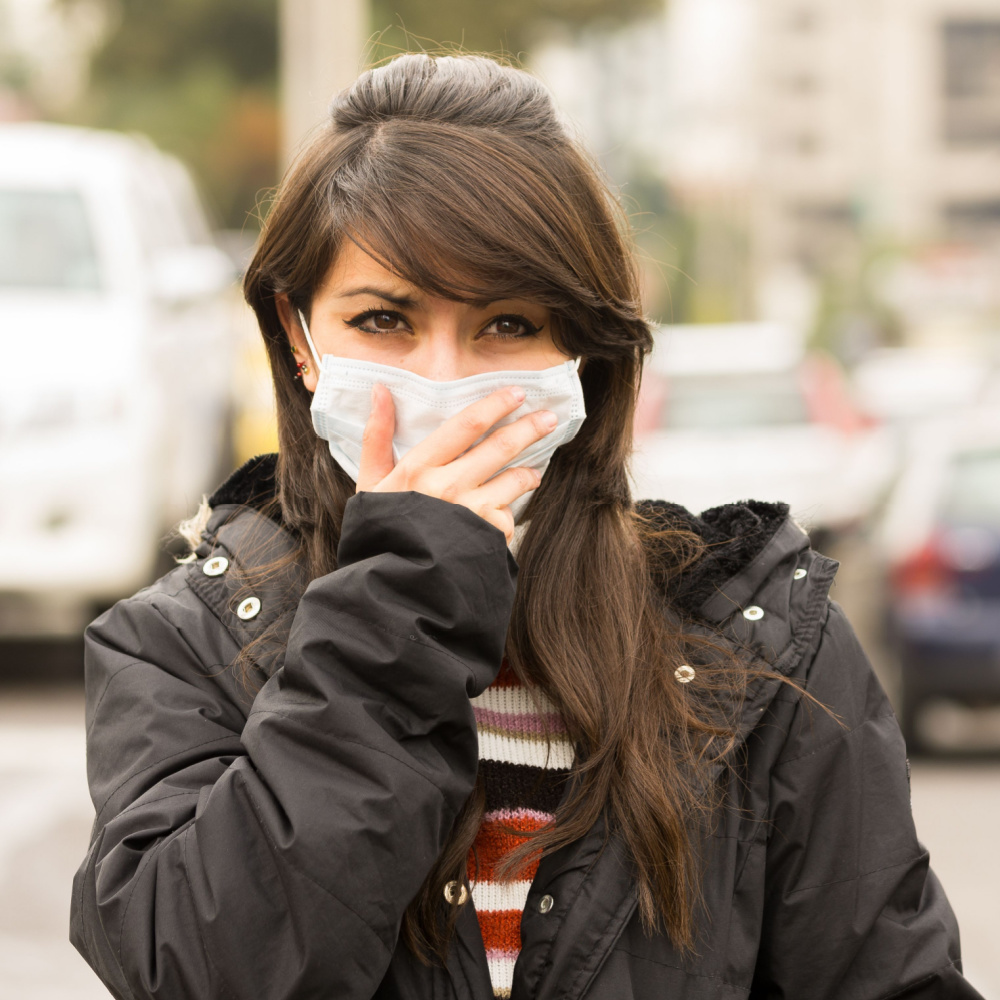
Allergies can impact one’s health and life in various ways and lead to serious health conditions such as asthma.
Read on to learn more about the symptoms and understand the importance of identifying and treating allergies.
Allergies are a common health concern impacting many individuals globally. They manifest as the immune system’s response to a foreign substance, also known as an allergen. Allergies can impact life in numerous ways; for instance, they can cause feeling of fatigueness, reduce concentration levels, breathlessness, and even sleeplessness at night. Despite this, many people tend to ignore their allergies, which can lead to severe health complications. Read on to understand the symptoms, causes, and consequences of allergies on human health.
How does an allergy develop?
A person becomes allergic to something when their body develops antigens that act or fight against a substance or an allergen. The body’s immune system’s response to this substance or allergen can range from mild to severe. This reaction can affect your skin, digestive system, airways, and even sinuses. For instance, a person may experience a cough, running or itchy nose, hives, rashes, nausea, vomiting, diarrhea, redness or itching in the eyes, or a more serious reaction known as anaphylaxis. Also, if someone is constantly exposed to something they are allergic to, their body’s reaction to it could get worse over time.
Common allergens
A person can become allergic to a range of substances, from dust to fiber, fur, certain medicines, and even food items like nuts, milk, seafood, wheat, insect bites, latex, and more. In fact, studies show that food allergies are on the rise, especially among children. Besides this, seasonal allergies tend to flare up during spring and summer when there’s a lot of pollen in the air.
Pollution and allergies
Pollution in the environment can aggravate allergies. Today, rising pollution levels are causing the air quality index to deteriorate everywhere, including in many Indian cities. This declining air quality has been known to worsen allergies and their impact on health. In fact, according to data, allergies have doubled over the past two decades due to the pollution rise.
Indoor pollutants
If you thought that your home was free of pollutants, think again. One’s home can harbor pollutants that can worsen the allergies and symptoms. Some of the common indoor pollutants are dust mites, which are usually found in bedding, furniture, or carpets. Then there’s mold and pet dander. The chemicals in paints are another potent source of indoor pollution. In fact, many people tend to suffer from allergic reactions when their homes are undergoing renovation or refurbishment. According to the Environmental Protection Agency, the levels of indoor air pollutants are often two to five times higher than outdoor levels. Moreover, a study in India found that the estimated burden of respiratory diseases due to indoor air pollution is 1.6 to 2 billion sick days a year.
Who can be affected by allergies?
Allergies can affect any individual, regardless of age, gender, or socioeconomic background. While allergies are quite common among children, they can develop at any stage in one’s life. The symptoms of an allergic reaction are also similar to those experienced during a cold or flu. However, the condition itself is not contagious and cannot be passed on from one person to the next.
What is an allergic disease?
An allergic disease is one of the most common health conditions and affects many people around the world. Those with a family history of allergies are more susceptible to developing allergic diseases. Asthma, rashes, hay fever (allergic rhinitis), and eczema are some variants of allergic diseases.
Allergies and their impact
Most often, people are unable to distinguish between an allergy or a common cold as the symptoms are very similar. The others who realize that they are having an allergic episode ignore or disregard it. Many people even consume over-the-counter (OTC) pills regularly, which is not advisable. If you suspect you have an allergy, you must consult a healthcare professional who will be able to suggest treatment options based on your condition. Many studies confirm that allergies, if not treated correctly and early, can lead to more serious and chronic complications like asthma. Over 80 percent of asthmatics have allergic rhinitis or hay fever, while 10 to 40 percent of individuals with allergic rhinitis have asthma. Childhood allergic rhinitis is associated with a seven-fold increased risk of asthma in preadolescence and an over four-fold increased risk of asthma in adolescence.
Don’t ignore the symptoms
Thus, everyone is urged to not ignore symptoms like sneezing, a runny nose or eyes, or a blocked nose, which might be triggered by exposure to a particular allergen. Track the pattern and consult a healthcare professional at the earliest to stop the allergies before they stop you. To read more about allergies, follow @allergyfreeindia on Instagram.
Disclaimer
This article is issued in the public interest to create awareness. about allergies and does not constitute any medical advice or promotion of Sanofi products. Please consult your doctor for medical advice. Opinions expressed are independent views of the doctor.
MAT-IN-2301382 v1.0 06/23
(The article is written by Dr. Shankar B Medikeri MS (ENT), DORL, DNB, FICS, FRCS, Director, Medikeri Super Speciality ENT Centre, Bengaluru, Chairman, Medikeri ENT Research Institute Trust, President-Elect, Association of Otolaryngologists of India)